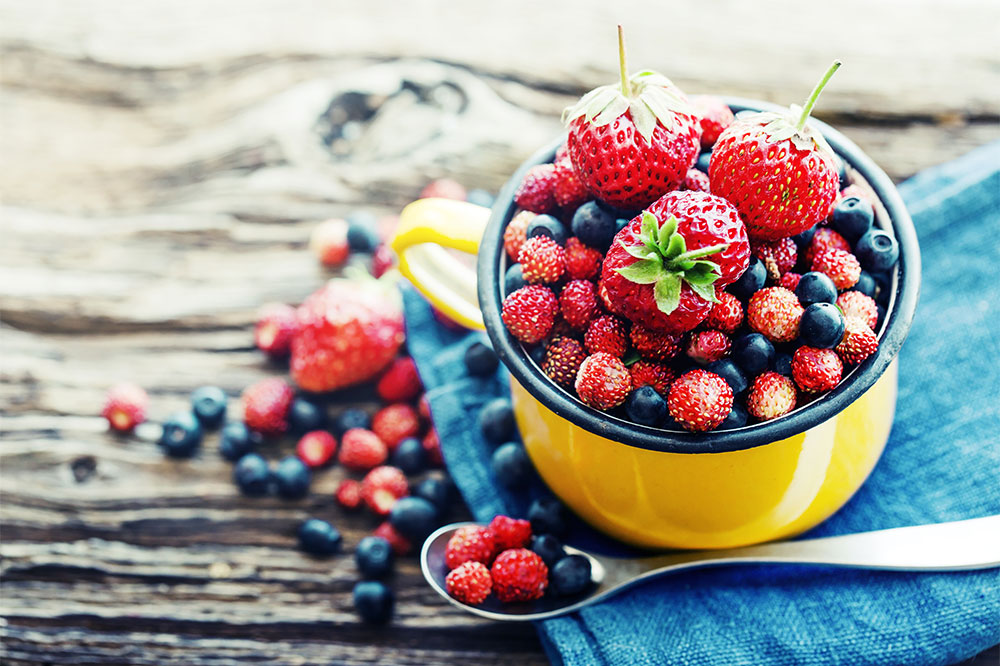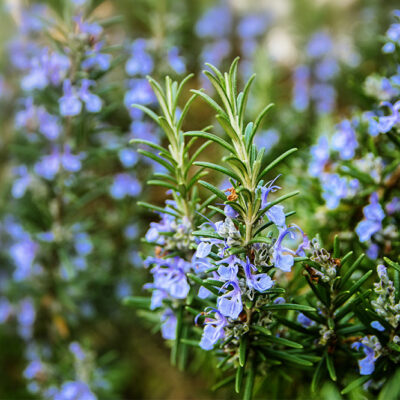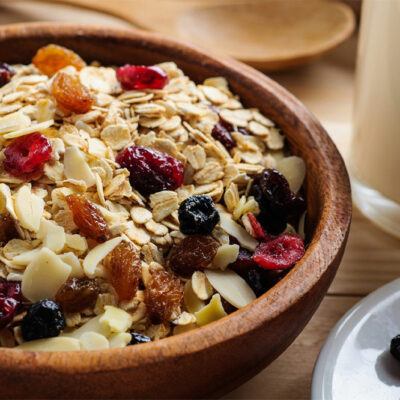5 foods to eat to keep eczema at bay

An inflammatory condition that affects the skin, eczema, also known as atopic dermatitis, affects one in four adults. In severe cases, it causes itchy rashes, dry patches, skin irritation, and oozing blisters. The cause of eczema is usually credited to environmental factors and genes. Those with eczema usually have food allergies as well. Thus, food and nutrition play a major role in managing eczema. Here are a few foods that can help prevent eczema flare-ups.
Berries
Berries such as raspberries, blueberries, strawberries, and blackberries contain quercetin, a plant-based flavonoid. This is where fruits, flowers, and vegetables derive their rich colors from. Quercetin is an antihistamine and antioxidant. It prevents cell damage and helps combat inflammation. Eating berries is useful in avoiding eczema flare-ups.
Yogurt
Rich in live culture, yogurt is one of the best probiotic foods to consume. It strengthens the immune system. Moreover, it prevents allergic reactions. This way, it lowers the intensity of eczema flare-ups. Eating probiotic foods is one of the most effective ways to manage eczema symptoms and itchy skin. Other probiotic-based foods that can add a variety to one’s daily meals include kefir, kombucha, miso soup, sauerkraut, and tempeh. Naturally-fermented pickles and sourdough bread are also good options.
Bananas
With a high percentage of potassium, bananas are good for the skin. Moreover, this fruit helps alleviate inflammation and irritation that trigger eczema symptoms. Potassium is an anti-inflammatory nutrient that lowers the intensity of flare-ups. Other potassium-rich foods that help manage eczema include white beans, sweet potatoes, acorn squash, and avocadoes.
Broth
Beef and chicken broth are some of the most comforting foods. Moreover, these are packed with healthy nutrients. What’s more, for those with eczema or atopic dermatitis, these broths are useful in preventing eczema symptoms. Broths made from lean meats are good for the skin and help rebuild damaged cells.
Rice milk
Milk made from rice is often the go-to beverage for those with eczema. This is because eczema and food allergies are closely related. Those who have pre-existing food allergies often find that their allergies trigger eczema flare-ups as well. One such common allergy is to dairy products, especially cow’s milk. In such cases, rice milk is a better and healthier alternative.
While these foods may not guarantee complete remission of eczema symptoms, they help efficiently manage the same. However, it is necessary to be aware of alternative treatment options, which may be administered orally, topically, or through IV. Some eczema or atopic dermatitis treatment options include DUPIXENT® (dupilumab), mometasone, hydrocortisone, triamcinolone, and desonide, among others. Another option is to use topical creams like VTAMA for eczema, ideally once a day. Applying a thin layer of VTAMA soothes irritated hair follicles, reduces rashes, and helps ease one’s eczema flare-ups. Although it is safe for long-term use, m ake sure to discuss the side effects with a doctor before using any of the treatment options mentioned above.
For moderate to severe cases, a healthcare practitioner near you may recommend CIBINQO (abrocitinib) as an eczema treatment option. The prescription treatment blocks the JAK-1 protein to potentially reduce inflammation. The treatment may significantly reduce itching and clear up flaky skin within three months.








